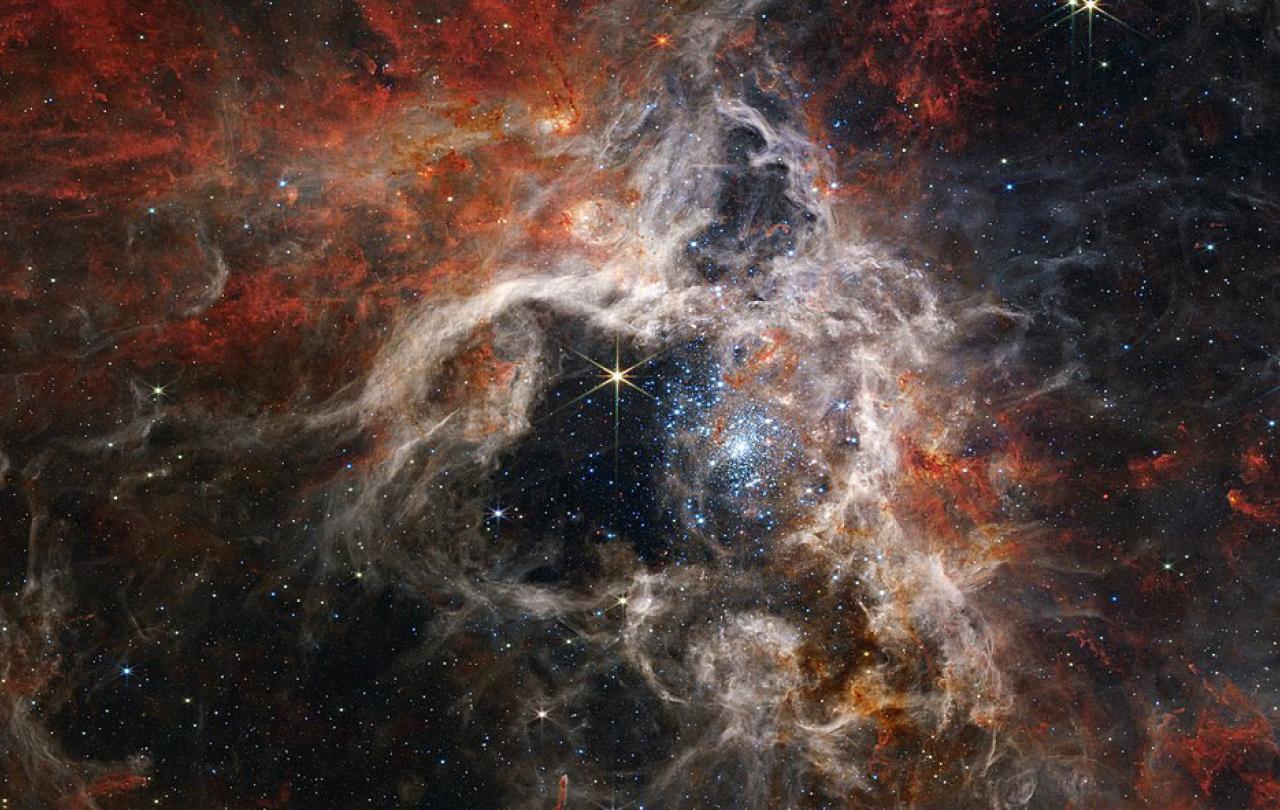
A lot has been said already about assisted dying. In the raging bonfire of public discourse, there has been a lot of heat, but not a lot of light. But amid all the noise surrounding Parliament’s upcoming discussion around assisted dying, a recent conversation hosted by Prospect between Brenda Hale (former President of the Supreme Court) and Rowan Williams (former Archbishop of Canterbury) served as a reminder that we are, despite everything, still capable of having meaningful and fruitful discussion about even the most divisive of issues.
The conversation is earnest and hard-won throughout; both Hale and Williams each push and probe the other for more detail, more nuance, more outworking of implications. And yet their tenor remains respectful. There is no cheap point scoring, no trite comments or easy aphorisms. These are two people working to understand the other, in full recognition of the gravity of the topic.
One particular moment, however, was frankly spine-chilling. As the conversation progresses, Hale is asked the following: “How do you deal with the pressure questions – pressure from family or financial pressures? What safeguards can you build in?” Her response – in full, for context – is as follows:
“Well, you can build in the safeguards that the decision must be made without undue influence, coercion, duress or fraud. But in the end, it’s a matter of evidence, isn’t it? One of the things I find most difficult is that I don’t think it’s necessarily irrational for somebody to take into account the suffering their suffering is causing to the people dear to them, or the burden that looking after them is placing upon the whole community.
I wouldn’t call that “undue influence”, but it’s one of the questions I find most difficult about all of this. You know, obviously there’s duress, there’s financial abuse, there are all of those sorts of things that have got to be checked against, and there ought to be objective evidence of absence of that. But when it comes down to somebody thinking, “I don’t want to be a cause of others suffering,” that seems to me to be a reasonable thing for somebody to take into account.”
The idea that my dependency or burdensomeness might factor into decisions about whether I continue to live, seems to me to be contrary to the very notion of the Christian message. Let me explain why.
We are made to be a burden, then. To depend on others, to be burdensome to them, is to be human.
We are, whether we like it or not, now rapidly approaching Christmas. At this time of year, Christians celebrate the birth of Jesus; the divine Son of God made flesh and born of a virgin. As the divine Son of God, Jesus lived the perfect human life of joy, grace, and faithfulness; the kind of life I can only aspire to.
Because of this, as a Christian, I look to Jesus’ perfect life of faithfulness as a model for what a truly healthy human life looks like. And I am often surprised by what I find there. For example, it turns out true human flourishing does not involve getting married, having sex, or having children; Jesus’ perfect life of flourishing featured none of these things.
But crucially, Jesus’ perfect life often involved depending upon others; upon being a burden to those around him. As an itinerant travelling teacher, Jesus relied on the financial support of his followers to make his ministry possible. He relied on being made and given food to eat, and a roof to sleep under. He was far from self-sufficient. Rather, he gladly made himself a burden to others in service of his ministry.
But more than this, we often overlook the radical significance of the Christian claim that, at Christmas, we celebrate God’s becoming a baby. For the first years of his perfect life, Jesus was entirely – entirely – dependent upon his parents for all his needs. Here we see God, in the person of Jesus, depending upon Mary and Joseph to feed him, to clothe him, to cuddle him, to clean up his sick and his excrement. This is what human flourishing looks like.
This is mirrored at his glorious death, too. Prior to his arrest, Jesus asked his friends for support; to stay awake while he prays for comfort. The Gospels go on to tell us that, having been mercilessly tortured, beaten, stripped, and interrogated, Jesus had his cross carried by a man named Simon of Cyrene. After his death, having no tomb of his own, Jesus was buried in the family tomb of his follower Joseph of Arimathea. And this, too, is what human flourishing looks like.
Throughout his entire life Jesus lived the perfect life of human joy and faithfulness. And this often involved depending upon others and being a burden to them in every way conceivable. We are made to be a burden, then. To depend on others, to be burdensome to them, is to be human.
To think, then, with Baroness Hale, that my dependency and burdensomeness upon others might somehow serve to underwrite a decision to end my life, is fraught with difficulty for me as a Christian. I simply cannot reconcile her words with the life I see Jesus living in the Bible: a life of joyful, difficult burdensomeness.
There may be many other reasons why people decide they want their lives to end. But a sense of burdening others ought not to be one of them. Being a burden is not a reason to bring one’s life to an end, because it is the very possibility of our being human in the first place. To need others, to place ourselves into their care, does not make us less human, it makes us more human. And therein lies its glory.





